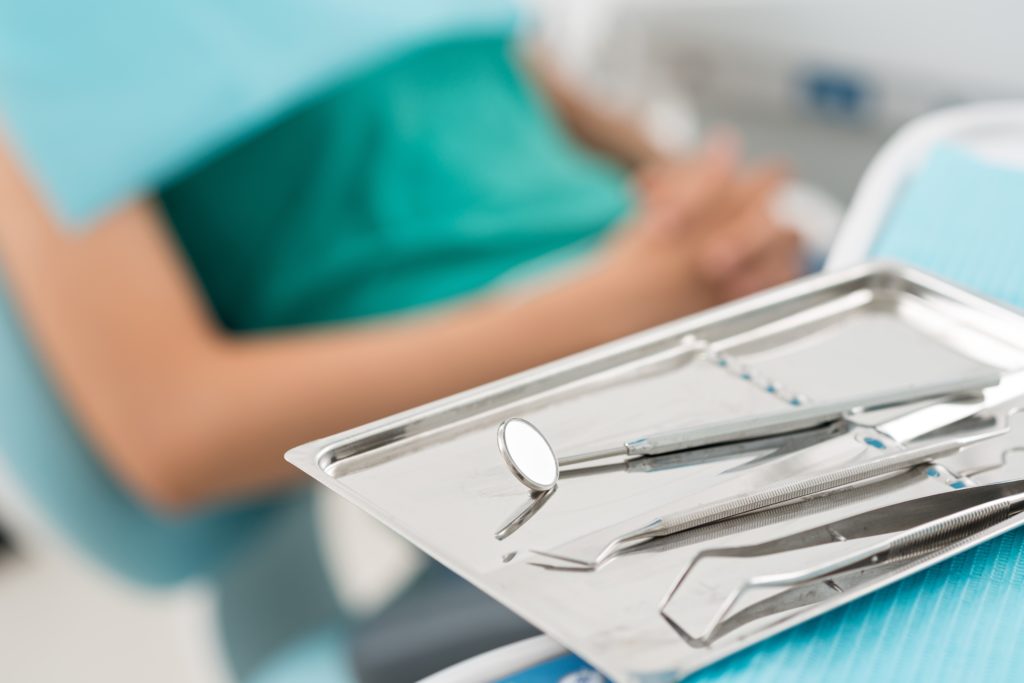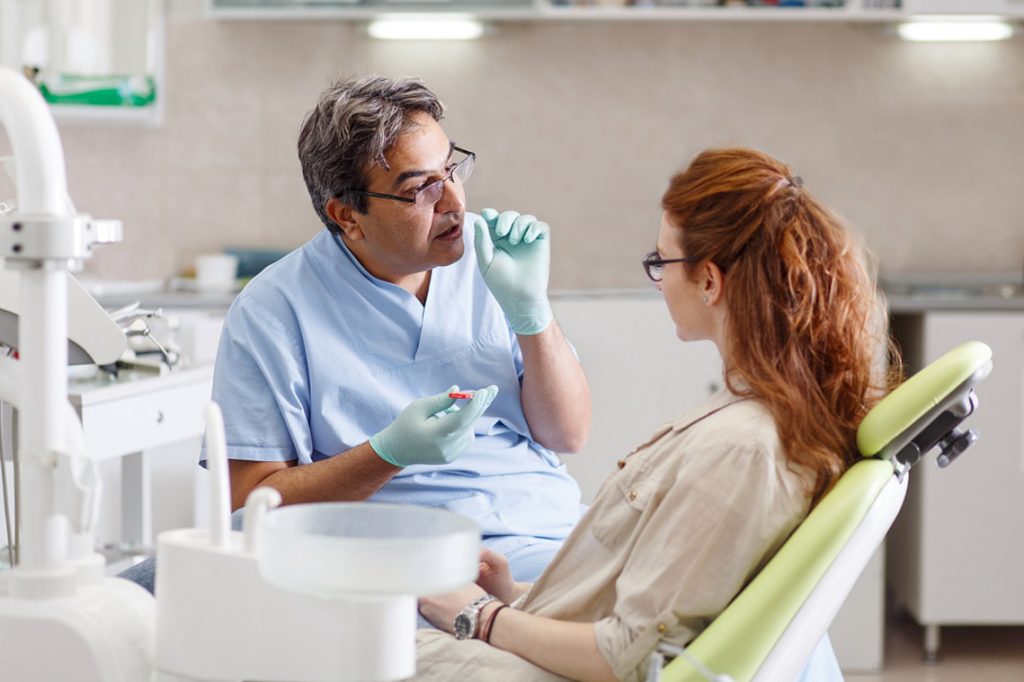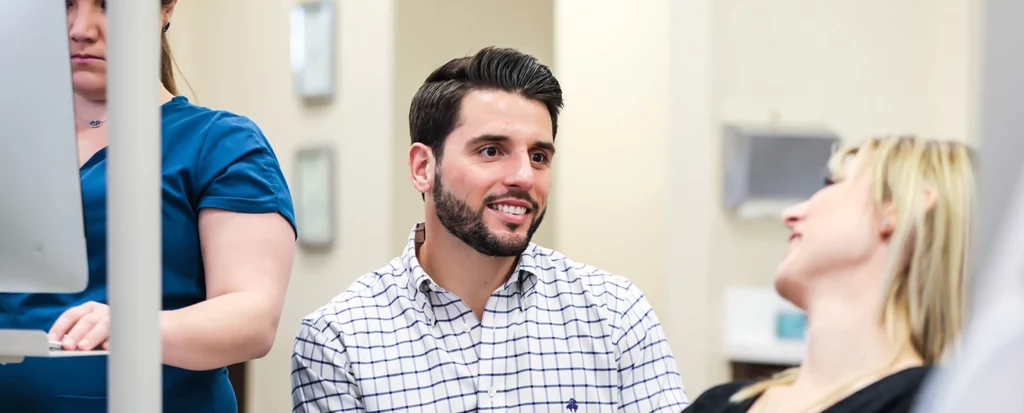Orthodontic Surgery: Enhancing Your Smile’s Foundation
Surgical orthodontics, or orthognathic surgery, is corrective jaw surgery performed to remedy skeletal problems affecting the ability to bite, chew, and speak.


Do I Need Orthodontic Surgery?
If your upper and lower jaws are out of position, you may be a candidate for surgical orthodontics. This incorrect positioning can impact how your teeth fit together, impairing your ability to bite, chew, and speak. With the assistance of an oral and maxillofacial surgeon, your AAO orthodontist can reposition your teeth and jaws for optimal mouth function. Are you experiencing difficulty? Locate an orthodontist near you.
What Comes First: Orthognathic Surgery or Treatment?
Orthodontic treatment is typically initiated before orthognathic surgery, aligning the teeth so that they will fit together ideally after the jaws are surgically manipulated. For a while after surgery, your orthodontic treatment will continue, ensuring your teeth move into their final, optimal positions and function correctly within the new position of your jaws.

Your Orthodontic Surgery Treatment Plan
Jaw surgery requires a team approach, with the patient, orthodontist, and surgeon collaborating to achieve the best results. If your orthodontist feels that you would benefit from orthognathic surgery, they will refer you to an oral surgeon before your orthodontic treatment begins.
Oral surgeons use many different procedures to correct the relationship between your jaws. These procedures are major surgeries that will likely require an overnight stay in a hospital or surgical center. At your initial consultation, your oral surgeon will discuss the details of your procedure and answer any questions you may have.
Because orthognathic surgery is a major procedure, most patients should plan to take a week off of school or work to rest and recover. Your first few weeks of recovery will involve dietary changes and restrictions. All post-operative instructions will be provided by your oral surgeon after the procedure.
Frequently Asked Questions
Browse our list of frequently asked questions about orthognathic surgery. If you can’t find answers to your questions, your local AAO orthodontist can help you with answers and any other information you may need.